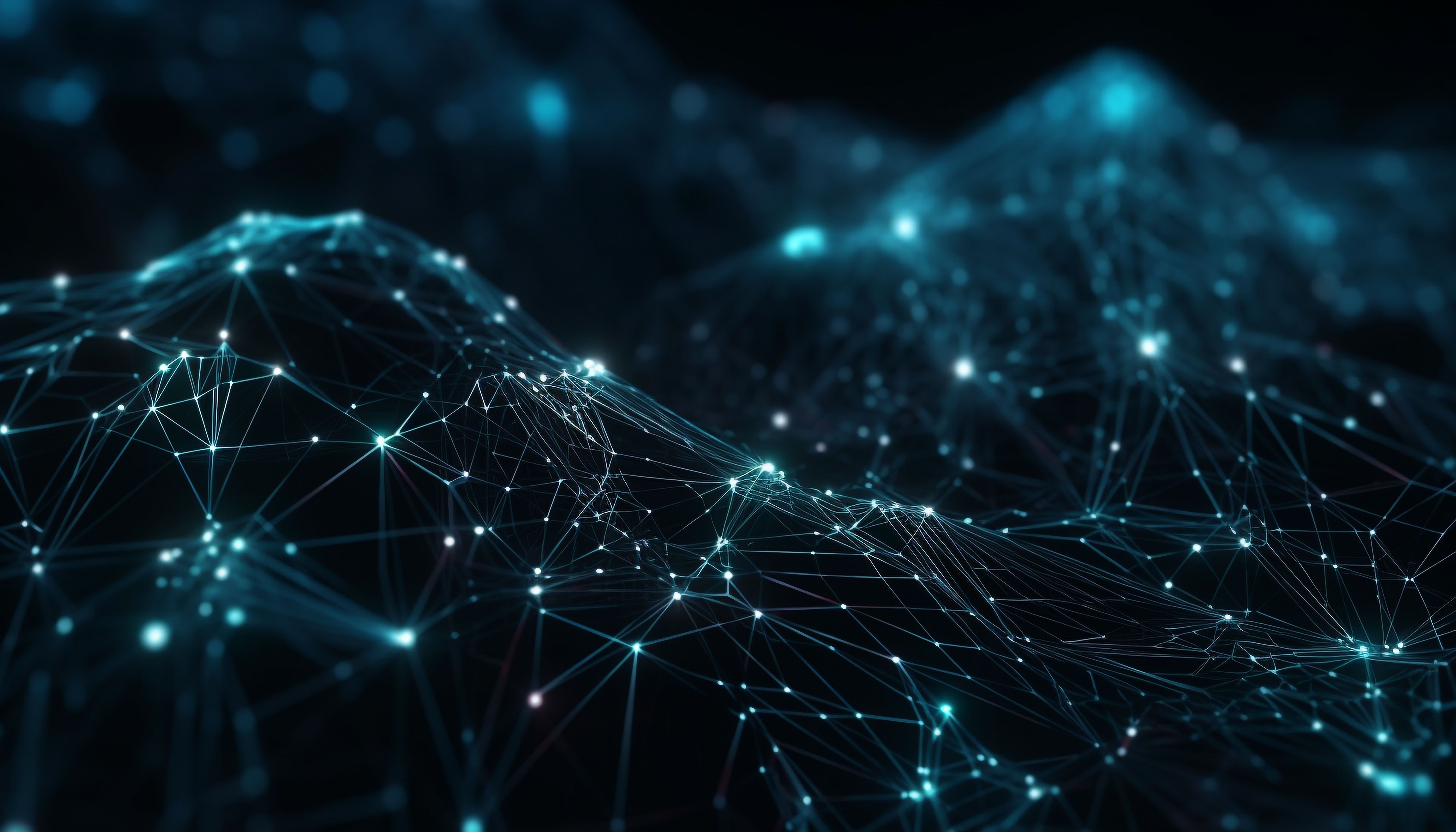- Published on
AI Chatbots in Legal Services: Automating Legal Assistance and Document Review
- Authors

- Name
- Vuk Dukic
Founder, Senior Software Engineer
 The legal industry is undergoing a technological revolution, with AI chatbots at the forefront of this transformation. These intelligent digital assistants are streamlining processes, improving efficiency, and making legal services more accessible. Let's explore how AI chatbots are reshaping the landscape of legal assistance and document review.
The legal industry is undergoing a technological revolution, with AI chatbots at the forefront of this transformation. These intelligent digital assistants are streamlining processes, improving efficiency, and making legal services more accessible. Let's explore how AI chatbots are reshaping the landscape of legal assistance and document review.
Democratizing Legal Information
AI chatbots are breaking down barriers to legal information:
- Providing instant answers to basic legal questions
- Explaining legal jargon in plain language
- Offering preliminary guidance on common legal issues This accessibility helps individuals better understand their rights and potential legal options before seeking professional counsel.
Streamlining Client Intake
Law firms are using chatbots to optimize the client onboarding process:
- Collecting initial case information
- Scheduling consultations
- Assessing case urgency and complexity This automation frees up lawyers to focus on more complex aspects of their cases.
Enhancing Document Review
One of the most time-consuming tasks in legal work is document review. AI chatbots are revolutionizing this process by:
- Quickly scanning and categorizing large volumes of documents
- Identifying relevant information and key clauses
- Flagging potential issues or inconsistencies This not only saves time but also reduces the risk of human error in reviewing lengthy legal documents.
Contract Analysis and Management
AI-powered chatbots are becoming invaluable in contract management:
- Reviewing contracts for standard clauses and potential risks
- Suggesting modifications based on best practices
- Tracking contract renewals and key dates This automation helps businesses and law firms manage their contractual obligations more effectively.
Legal Research Assistance
Chatbots are proving to be efficient research assistants:
- Quickly retrieving relevant case law and statutes
- Summarizing key points from legal documents
- Tracking changes in legislation and regulations This capability allows lawyers to conduct more thorough research in less time.
Compliance Monitoring
In the complex world of regulatory compliance, AI chatbots offer:
- Real-time updates on changing regulations
- Customized compliance checklists for different industries
- Alerts for potential compliance issues in company policies This proactive approach helps businesses stay ahead of regulatory requirements and avoid costly violations.
Improving Due Diligence
During mergers and acquisitions, AI chatbots can streamline due diligence:
- Analyzing large volumes of corporate documents
- Identifying potential legal risks or liabilities
- Generating comprehensive due diligence reports This accelerates the M&A process while ensuring thorough examination of relevant documents.
Ethical and Privacy Considerations
While the benefits are significant, the use of AI in legal services raises important ethical questions:
- Ensuring the confidentiality of sensitive legal information
- Maintaining attorney-client privilege in chatbot interactions
- Addressing potential biases in AI algorithms The legal industry must navigate these challenges carefully to maintain trust and professional standards.
Limitations and the Human Touch
It's crucial to recognize that AI chatbots are tools to augment, not replace, legal professionals:
- Complex legal analysis still requires human expertise
- Emotional intelligence and empathy remain uniquely human traits
- Ethical decision-making often involves nuances beyond AI capabilities The most effective legal services will likely combine AI efficiency with human insight and judgment.
To Sum Up
As AI technology continues to advance, we can expect even more sophisticated applications in legal services:
- Predictive analytics for case outcomes
- Advanced natural language processing for multilingual legal support
- Integration with blockchain for smart contracts and legal transactions
The future of legal services is likely to be a symbiosis of human expertise and AI capabilities, offering more efficient, accessible, and comprehensive legal assistance.
AI chatbots are transforming the legal landscape, automating routine tasks and enhancing the efficiency of legal professionals. While challenges remain, the potential for AI to improve access to justice and streamline legal processes is immense. As this technology continues to evolve, it promises to make legal services more accessible, efficient, and effective for both practitioners and clients alike.